How did our comedies become so sad? BBC1’s new sitcom Big School (Fridays) opened with a scene that would probably tickle the ribs of many, but I, in my usual humourless way, found it depressing. Chemistry teacher Mr Church, played by David Walliams, hoped to excite his morbidly uninterested pupils about the effects of dunking a bottle of cold liquid nitrogen in warm water by using hundreds of table-tennis balls to dramatise the resultant explosion. But the bell rang, and his students filed out of class radiating boredom and contempt, leaving Mr Church gazing forlornly at a thousand ping-ponging shells.
A similar sense of vulnerability permeated Boom Town, BBC3’s ‘structured reality’ series featuring a host of real-life eccentrics doing eccentric things in partly choreographed set pieces. (There’s a wannabe fashion designer, who tries to sell her dresses made of sanitary pads, a man who thinks he’s a witch, and so on.) A couple — we never really know how aware they are of being made fun of — think they’re terrifically good actors and the camera shows them rehearsing shudderingly amateurish scenes that are made all the more excruciating by the couple’s apparent sincerity. I laughed, but my laughter was hollow.
The sense of bleakness that creeps into these shows is sometimes intentional, sometimes not. Big School belongs to that now-familiar subset of the Comedy of Embarrassment, where people very much like you and me, adults who should know better, are shown making asses of themselves, fumbling in situations such as offering a ride home to the new French mistress in one’s sputtering Austin Maxi. These people are funny not so much because they are stupid or clumsy or evil, but because they are that most terrible of things — uncool.
This is fine as far as it goes, I suppose, but in Big School a complication arises: the series needs to feature minors in the form of secondary-school students. It would be harsh to make fun of young teens, even though these teens do terribly grown-up things, such as sending text messages with photos of their genitalia attached and imbibing hard liquor. They escape detention by bullying hapless teachers. Big School deals with this by involving the schoolchildren as little as possible in the main plotlines, so that they appear only in sequences where their delinquency is used to garner laughs at the expense of the adults. What arises is a show where the kids ride roughshod over clueless grown-ups, where the remorseless light of irony and introspection is shone on the bumbling professors, while the students emerge as unruly but frighteningly hip.
In this way, Big School inadvertently treats pupils the way the state school system is sometimes accused of doing — of mollycoddling, of turning away almost apologetically rather than facing hard facts and enforcing some structure, some rules. Surely setting standards for our disaffected youth (who, by the way, can catch the sitcom at 9 p.m., although they might prefer to consume porn or drugs, or both) would be good for them, in the end?
I know — I’m taking this way too seriously, like a drab, disciplinary teacher. There’ve always been teacher-student funnies where naughty kids emerge triumphant, although to this I would argue that aiming a pebble at your headmaster with a catapult (in a cartoonish way in Beano) is very different from advising your science teacher to send images of his penis to the woman he fancies because all the kids are doing it (in an ‘edgy’ TV programme). Or perhaps this schoolyard dystopia is all part of Big School’s clever message, which I have flatfootedly missed. Or maybe the series plans later to deal with its dysfunctional students in the same way it does with its dysfunctional teachers. All I know is, I saw the first two episodes and, while I chuckled a few times, I was left despondent about certain aspects of the education system. That’s just how uncool I am. I’ve suffered from severe mirth deprivation since birth. My face has always been po.
Moroseness was also high during Boom Town. BBC3 has picked 12 madcap individuals — ‘real’ people, it keeps reminding us — and shows them in situations that are allegedly partly spontaneous, but that look suspiciously well crafted. There’s Roger and Rebecca, ‘Knight Warriors’ who dress up as superheroes to defend Salford; Joel the trainspotter, whose quiet, uneventful sequences contain a not unbeautiful melancholy.
How much are these characters hamming up for the cameras? Are they being exploited or are they exploiting us? Aren’t we the real weirdoes, lolling on the sofa, deriving entertainment by sneering? In such freak shows, the biggest freaks are us. That is the saddest thing of all.
Got something to add? Join the discussion and comment below.
Get 10 issues for just $10
Subscribe to The Spectator Australia today for the next 10 magazine issues, plus full online access, for just $10.


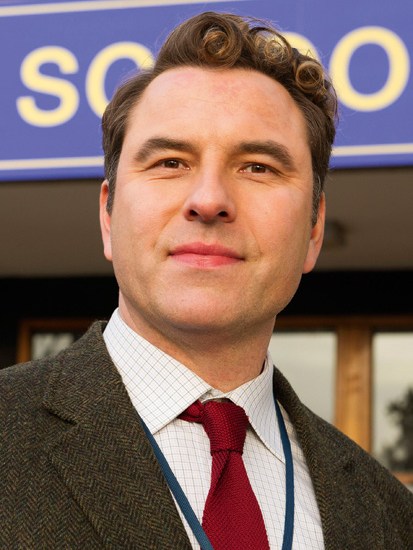
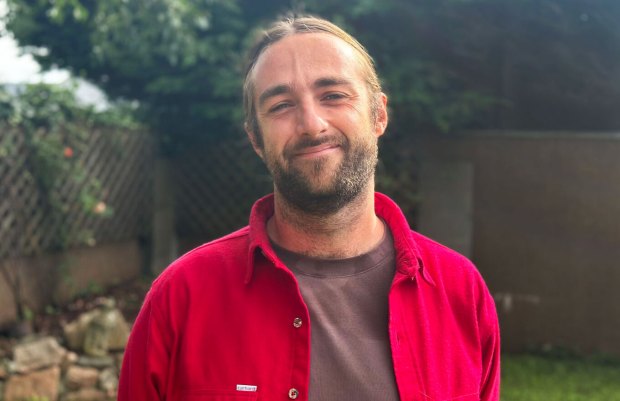
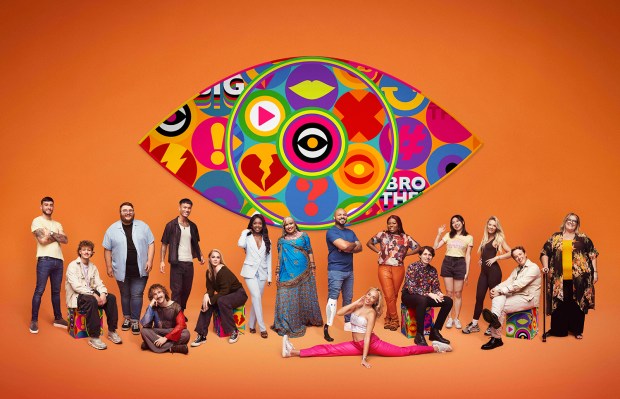
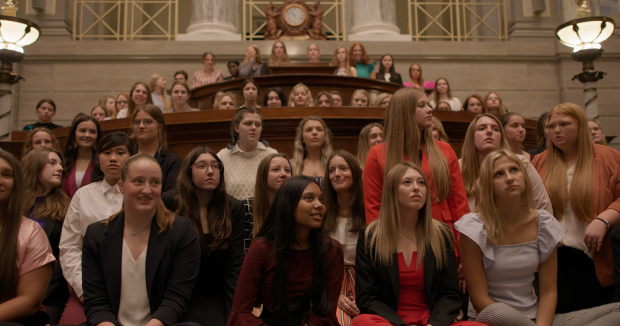


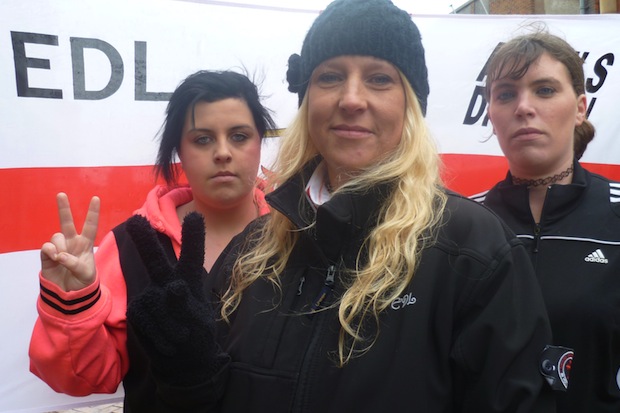






Comments
Don't miss out
Join the conversation with other Spectator Australia readers. Subscribe to leave a comment.
SUBSCRIBEAlready a subscriber? Log in